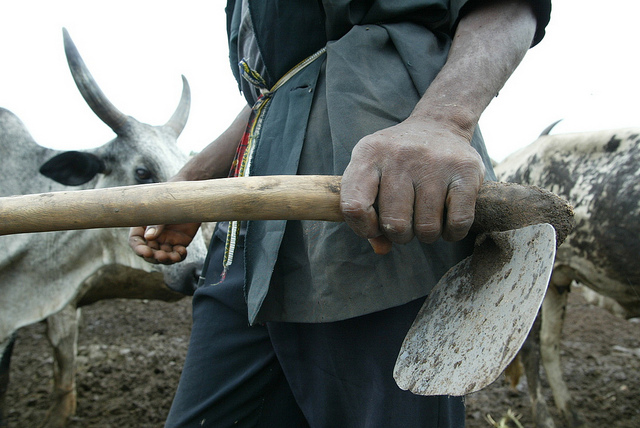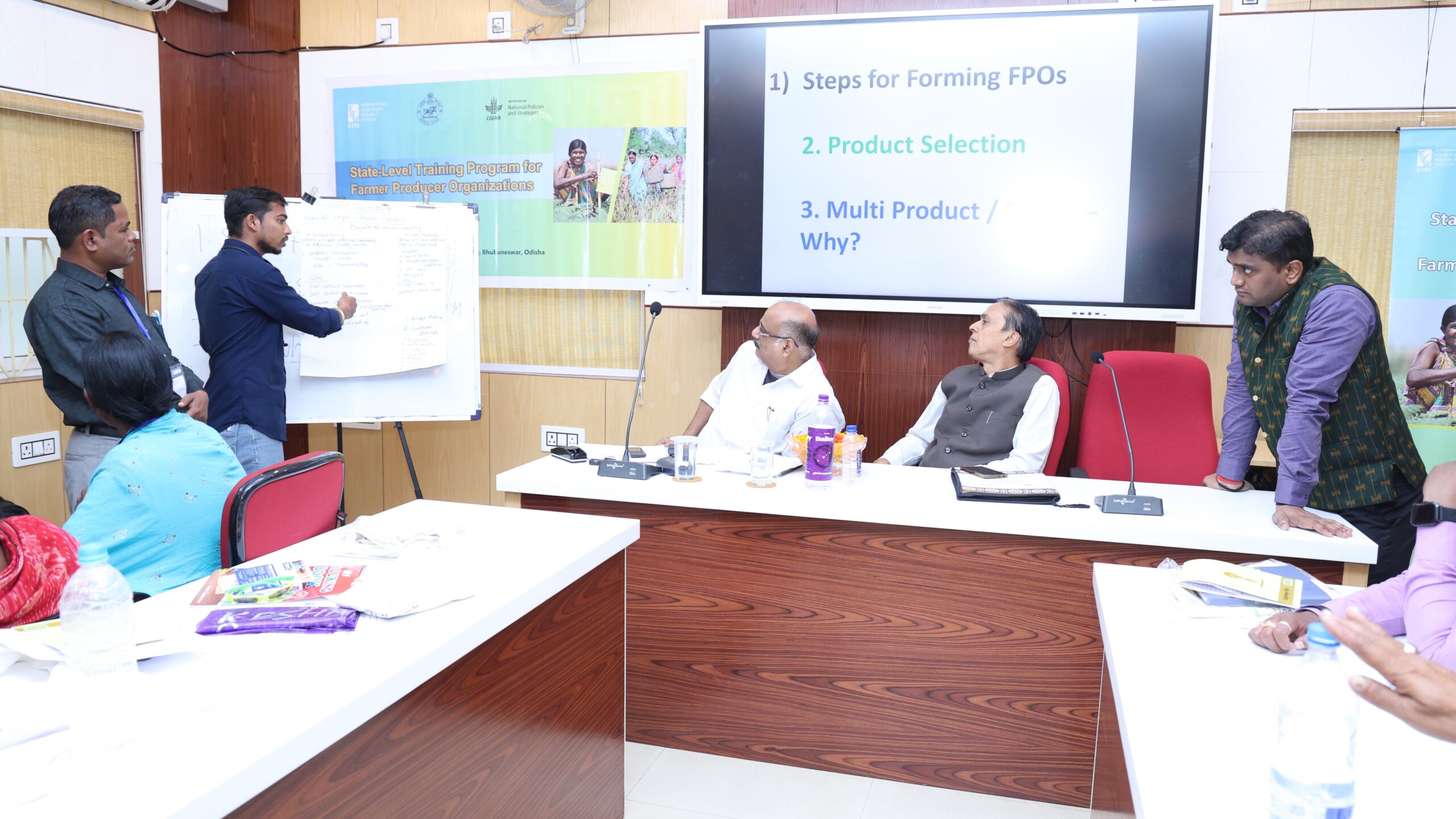Many countries in Africa have a large agricultural footprint, but do not enjoy the full benefits that the sector offers to improve citizens’ welfare and drive economic growth. Accrued knowledge (see here and here, for example) makes it clear that well-placed public spending in agriculture is one of the most successful tools for a developing nation to encourage agricultural growth and reduce abject poverty. Why then do policymakers in many African countries continue to underinvest in those types of agricultural public goods and services that have well-known, high payoffs to the rural poor?
To help clarify this conundrum, we have carried out new research that does not start from the assumption that underinvestment in the agricultural sector is due to ignorance on the part of policymakers regarding the benefits of sound policy and investment choices. Rather, we show that budget allocations are outcomes of political choices among a variety of public actors—with diverse interests and capabilities—negotiating budgets within specific political-institutional contexts.
Our research draws on the framework of actor-centered institutionalism to examine empirically how actors and institutions influence agricultural budget outcomes in Nigeria. We employ a case study approach for which we selected three states (Cross River, Niger, and Ondo) and one local government area within each study state (Akamkpa, Wushishi, and Odigbo, respectively) as case study sites.
Who influences government spending in agriculture?
In one paper, we first examine how the preferences, capabilities, and incentives of two groups of public actors—politicians and donors—affect the prioritization of public resources to agriculture. With regard to politicians, we consider chief executives at the state level (Governors) and chief executives at the local government level (Chairmen). We also inquire into how the characteristics of investments interface with politicians’ incentives to allocate public resources to agriculture. Finally, we explore the role of foreign donors in shaping agricultural public spending, whether directly or indirectly.
Our findings include the following (implications for policy and programmatic action are discussed in this synopsis):
- Subnational chief executives have an outsized influence on how much state and local level budgetary attention agriculture receives and which agricultural investments are prioritized. Other key actors who could be expected to play a role in resource allocation—for example, the Commissioner of Agriculture at the state level, the Director for Agriculture at the local government level, and the legislative councils at both levels—are de facto marginal players.
- The types of agricultural infrastructure and services that get budgetary attention depend on the extent to which these services are visible and the extent to which there is a relatively short duration from incurring public expenses to the completion of outputs. A key reason for this is that policy makers often view the political returns to public investments as being as important, if not even more important, than the social welfare or economic returns to such investments, and political time horizons are limited.
- Donor assistance for agriculture is directed largely to projects requiring co-investments by the state or local governments. This means that external financial support can have significant influence on the allocation of domestic subnational spending. Underfunded local governments, often unable to provide their share of agreed-upon co-financing, in some cases end up losing access to these donor projects.
How do institutions shape agricultural public spending?
In a second paper, we consider the role of two types of institutions most salient in influencing public resource allocations to agriculture: Political institutions such as the presidential system and federalism, and budgetary institutions. In brief, here are our findings (again, with policy implications in this synopsis):
- Even after a budget has undergone all the standard processes and has been signed into law, extant rules create openings for policymakers to exercise significant discretion on revising it—even well after public expenditures have begun to be implemented. Generally, presidential systems tend to give relatively large leeway to legislative bodies such as parliament in shaping public expenditure assignments. However, in Nigeria’s presidential system, the role of legislative bodies appears marginal at the state level and it is practically nil at the local government level.
- The constitution and laws leave room for interpretation about what the responsibilities and authorities of different tiers of government are. Due to these legal ambiguities, there are both overlaps and gaps in agricultural public spending. State government leaders exploit these same legal ambiguities to exercise discretionary power over the public finances of local governments. Furthermore, lower-tier governments are overdependent on federal transfers, given that the transfers are significantly larger than the revenues local governments collect themselves.
- Efforts to strengthen intergovernmental coordination in agricultural spending are underway, but obstacles to cooperation remain. In particular, overlapping responsibilities between the federal and state government levels lead to poor coordination in public spending.
Overall, these findings underscore the importance of understanding how governments determine public expenditure allocations and why public actors behave as they do. These insights can help guide efforts on how best to support improved efficiency and effectiveness of public spending.
Tolulope Olofinbiyi is a former Senior Program Manager in IFPRI’s Director General’s Office; Tewodaj Mogues is a Senior Research Fellow in IFPRI’s Development Strategy and Governance Division.







